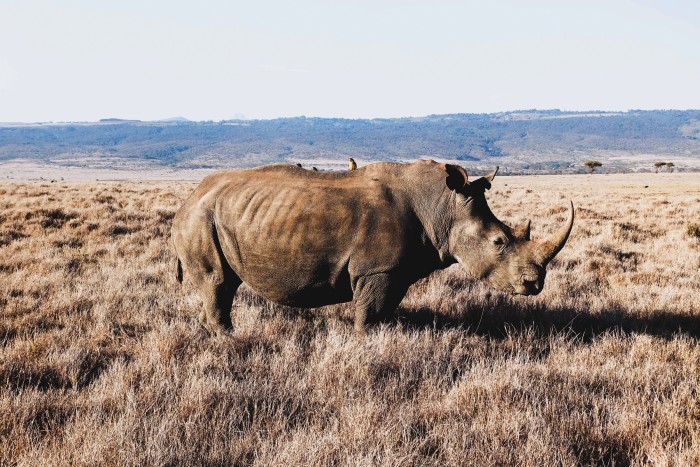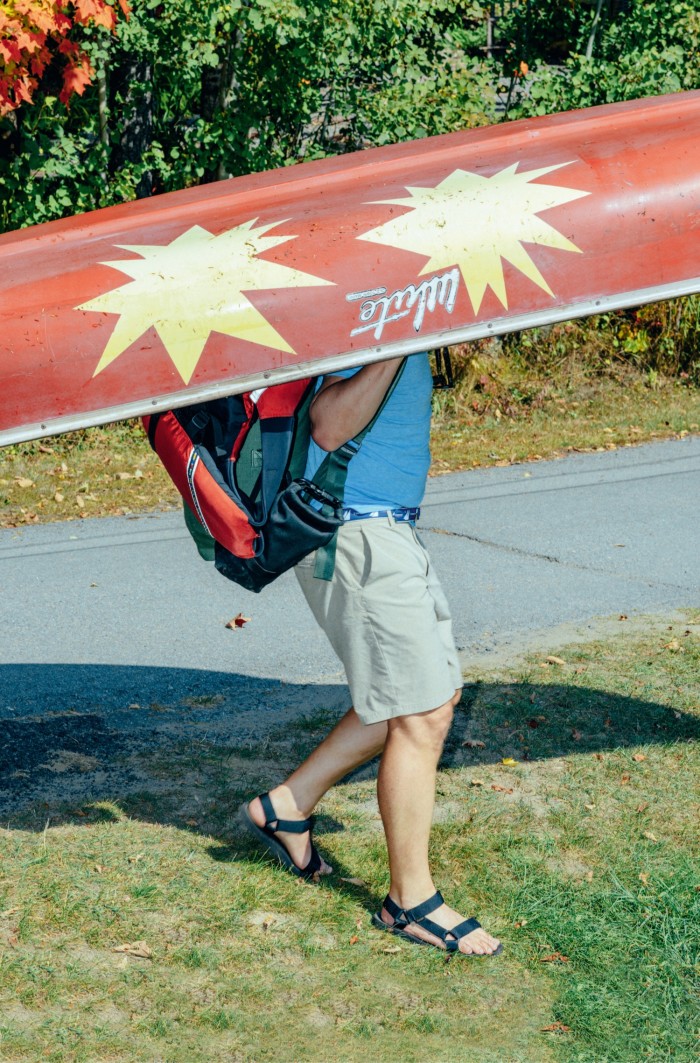HTSI editor’s letter: the new era of travel

Where to go? How to go? Should we go? In recent months, these questions have become a highly practised mantra. The global travel corridors are currently so bewildering that trying to negotiate a foreign holiday is like trying to navigate a fairground house of mirrors – except with thermometers instead of candy floss, and the certainty of far less fun.

And yet we still cling to the possibility and dream of great escapes. Those prepared to wrangle cancelled flights, shifting schedules and the inevitable quarantine will most likely end up in places they have almost to themselves. To travel now is to experience places as might a 19th-century adventurer. Friends who have ventured to Italy speak in wonder about the lack of crowds, the empty piazzas and cities that hum only to the sound of locals.
Maria Shollenbarger, the How To Spend It travel editor, returned to Rome earlier this summer having spent weeks sheltering with her parents in coastal California. Her subsequent dispatches from the various castelli she has been visiting (in this issue, “To the Reschio”) are enough to make anyone consider major sacrifices for the sake of a moment in the sun. Likewise Greece, and the islands that continue to seduce us, now more so than ever. In “Amor, Amorgos”, writer Madeleine Speed finds paradise in a magical island outcrop in the middle of the Aegean, while Robbie Lawrence captures a portrait of an island that seems near lost in time.

In a year in which the tourist industry has been besieged at every juncture, for some countries the cost has been especially dear. When the pandemic closed international borders in March, the impact on African tourism and, in particular, safaris was devastating. In “Our Year of Zero”, Sophy Roberts reports on the long-term implications for wildlife-based tourism, a business that, according to the World Travel & Tourism Council, generated more than $29bn for Africa and employed 3.6m people in 2018. Right now, the prognosis is pretty brutal not only for the employees associated with the tourist industry, but also for the conservation projects that have been funded, supported and enabled by the flow of visitors’ money coming in. It’s a topic that has only been further complicated by the shadow of colonialism; concerns over environmental efforts that don’t always have the interest of indigenous communities at the forefront; and the Black Lives Matter movement that has highlighted many of the social inequities that eco-travel can incur. Sophy’s piece brilliantly unpicks the many issues to consider when travelling to Africa. More importantly, it looks at a reimagined idea of travel in the not-too-distant future when we might see the continent in better health again.

For many of us, however, the backyard must be the base for our adventures. Although it helps when your backyard happens to be the Adirondack Mountains. In “The Outdoorsman Cometh”, Brendan Greeley, a writer at the Financial Times more usually charged with covering the Federal Reserve and the Department of the Treasury, has gamely allowed us to accompany him on a boat trip – or act of ancestral worship – with his brother. Joining millions of urban townsfolk who have found new opportunities to get in touch with their more primal instincts, Brendan describes his adventure with his canoe Exploding Jane in a magnificent account that combines the heroic ambition of Jack London with the pathos of Jack Lemmon. Even from Kilburn, London, it made me want to join the universal roar.
Comments